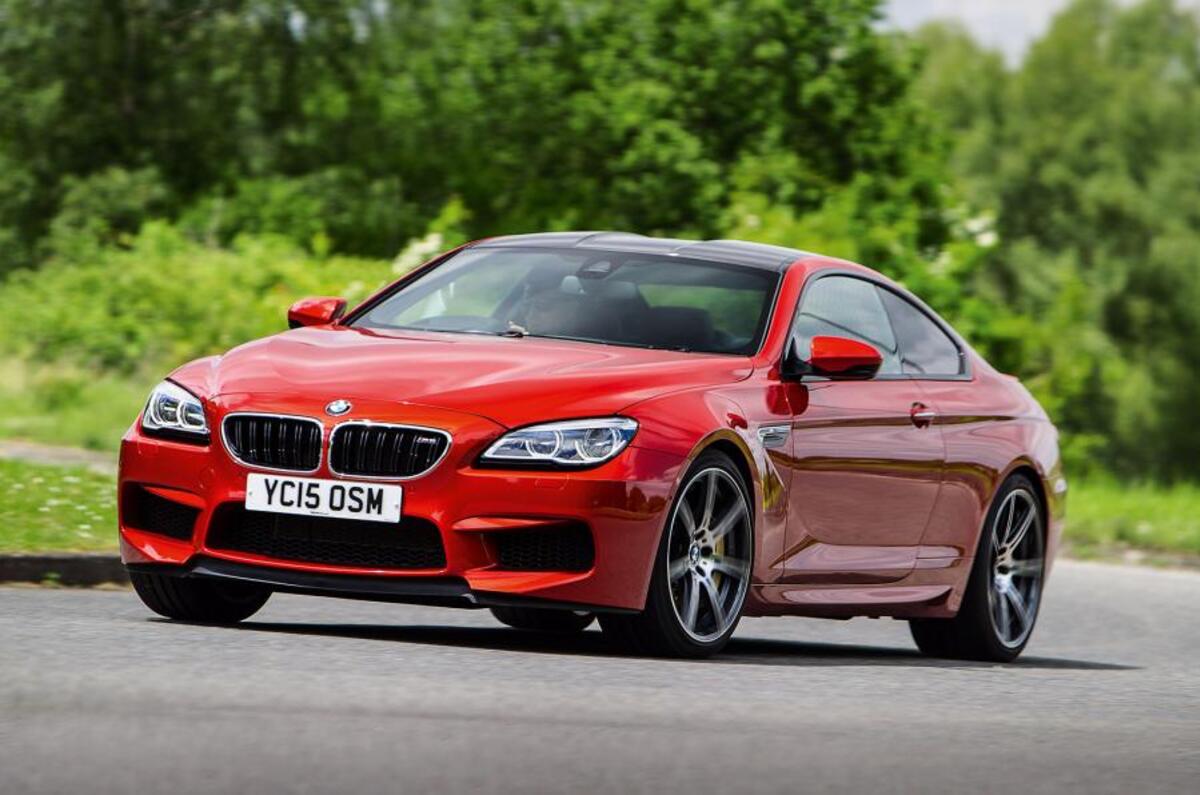BMW wants to use its increasing range of low-emissions vehicles to offset the CO2 output of upcoming high-performance models.
The car maker says high-performance, combustion-engined models will be produced for as long as customers demand them and says that adding more hybrid and plug-in models to the range will ensure its average CO2 output remains low in the future.
BMW sales and marketing boss Ian Robertson told Autocar at the New York motor show that the way CO2 output is currently restricted allows car makers to produce less efficient models, as long as there are low and zero-emissions models at the other end of the line-up.
“Regulators across the world focus their efforts into restricting the average amount of CO2 a car maker’s line-up produces, rather than focusing on each model,” he said. “This means, in theory, we could build a car with a V12 at one end of the range and then essentially offset its higher CO2 output with a zero-emissions vehicle at the other end.”
Robertson explained that currently BMW’s range CO2 output averages 127g/km. “This is low in the industry, but we have a lot of work to do because the European limit of 95g/km applies from 2020.”
With less than four years to go until this new limit is enforced, Robertson acknowledges BMW will need to produce more low-emissions vehicles and says a plan is in place to continue growing its hybrid range.
Read our BMW M6 Competition Package review here
“At the moment, hybrids are our best solution, and in particular plug-in hybrids, because they pretty much offer all of the benefits without any of the negatives,” he explained.
When asked if technology from the car maker’s i division could be used in future M models, Robertson said it was something BMW was already thinking about. “Consumers want more performance and less CO2, so I think there’s a strong case for us introducing this technology into future performance models.”





Join the debate
Add your comment
Re ³
As for the grid, most EV charging happens at night, when the country has a massive oversupply of energy. If/when plug-ins become so popular that millions are charging in daytime, there will be less petrol stations and refineries around to power. Fluctuating grid demands are likely to be resolved by battery storage and smart grid systems by that point anyway.
@ TBC
Hydrogen will be a solution...
The current UK car park of 30-something million petrol and diesel cars is serviced by approx. 8,500 service stations. Each car takes about 5 mins to fuel and is good to go for about 300 miles. Hydrogen fuel cells can replicate this already, so give it a few more years of development and it will get more efficient. Change the service stations from petrol/diesel to hydrogen and you maintain the current balance of refuelling time to driving time
Having 30-million-odd battery cars will be much more difficult to keep charged, unless you can find a way to recharge 300 miles of battery power in the space of five minutes. Assuming that you can't, it will therefore require millions of charging points all over the countryside, down every street and in every supermarket/office car parking space to keep these millions of battery cars charged. The cost of implementing this charging infrastructure will be astronomical – far more than the infrastructure cost of changing existing service stations across to hydrogen.
Re.
Also, unlike combustion or hydrogen cars, the vast majority of 'refuelling' is done at home. Tesla's superchargers are a bit different because they're free, but usually, the infrastructure is only for people on long journeys or with no driveway. The longer EVs' ranges become, the less that rapid chargers will be used.
And no - EV chargers cost a fraction of a hydrogen fuelling station, even if converting from a petrol station.
Re re
But part of the problem with battery electric cars is that they are optimal for city driving, yet in the UK the vast majority of city dwellers who would be the main target customers park on the street or do not control access to off-street parking, so cannot rely on being able to charge their car at home. That means there will need to be numerous charging points on virtually every residential street and in every car parking facility. Plus there have been numerous concerns expressed about the ability of the grid to cope with millions of EVs being plugged in, so that is likely to need a substantial and expensive upgrade.
So while EV chargers do indeed cost a fraction of a hydrogen fuelling station, it's not quite that simple.
Nice to see BMW cares
Road was built for bicycles